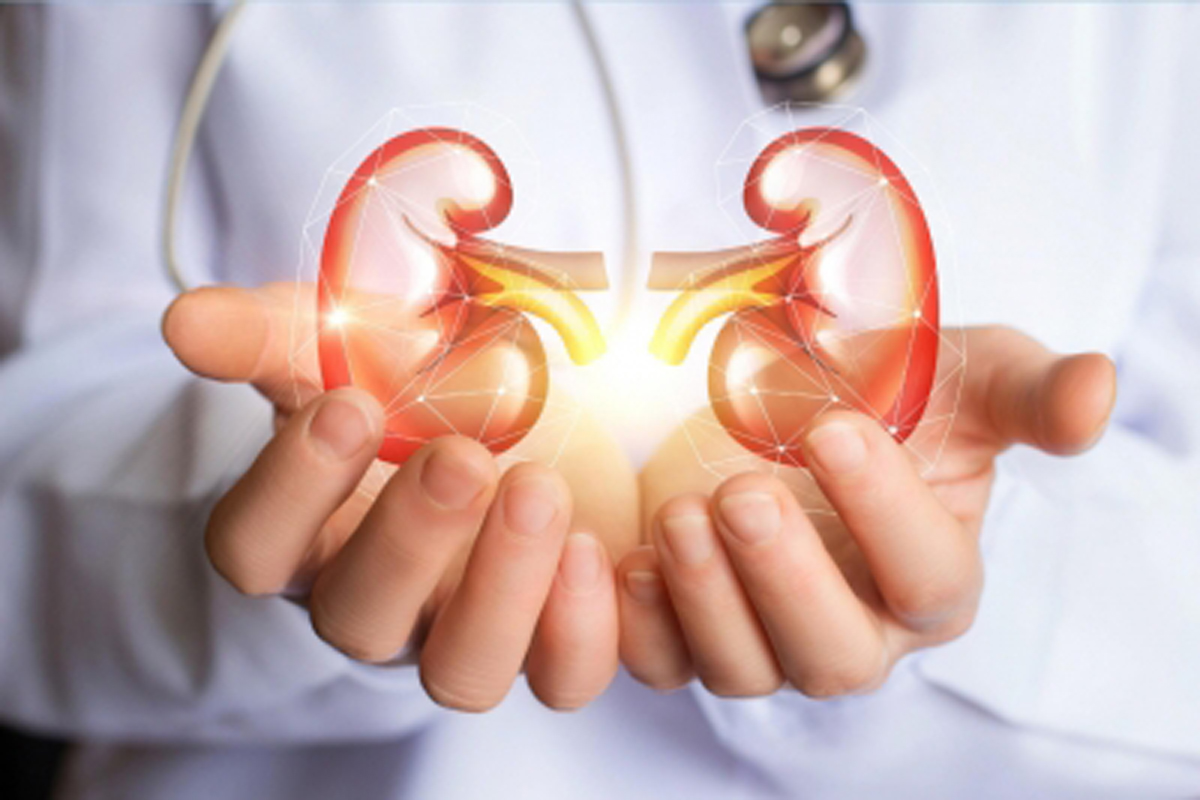Protein-rich diet may lower mortality risk in kidney disease patients: Study
Following a diet rich in proteins may help lower the risk of death among people with chronic kidney disease (CKD), claims a study.
Impaired glucose control in patients with diabetes is known to cause damage to blood vessels in the heart and kidneys.

Photo: IANS
Using a combination of sodium-glucose co-transporter 2 inhibitors (SGLT2is) and glucagon-like peptide-1 receptor agonists (GLP1-RAs) is likely to offer additional protection against heart and kidney disease in patients with diabetes, according to a study.
SGLT2is, also called gliflozins, are a class of drugs that lower blood glucose by increasing its excretion in the urine, while GLP-1RAs, such as Ozempic, work by enhancing insulin release and sensitivity.
Advertisement
Impaired glucose control in patients with diabetes is known to cause damage to blood vessels in the heart and kidneys.
Advertisement
According to lead author Brendon Neuen, Clinical Associate Professor from The George Institute for Global Health, “the rapidly expanding indications for the use of GLP-1 receptor agonists, makes it important to look at their effects with SGLT2 inhibitors”.
The new findings, published in The Lancet Diabetes & Endocrinology, are based on a meta-analysis of 12 large-scale, placebo-controlled trials of SGLT2is involving 73,238 patients with diabetes, 3,065 of whom were already receiving GLP1-RAs.
The results showed that SGLT2is reduced the risk of heart attack, stroke, or cardiovascular death by 11 per cent, independent of GLP1-RAs.
It also decreased hospitalisation for heart failure or cardiovascular death by 23 per cent versus placebo, even when added to GLP1-RAs.
Further, the drug SGLT2is also reduced the risk of chronic kidney disease progression by 33 per cent when added to GLP1-RAs and slowed the annual loss of kidney function by almost 60 per cent when added to GLP-1RAs.
Importantly, no new safety concerns were identified when SGLT2is and GLP-1RAs were used in combination, the team said.
Both classes of medicines work independently of each other — SGLT2 inhibitors against heart failure and chronic kidney disease; GLP-1 receptor agonists against heart attack, stroke, and also kidney disease, Neuen said.
Advertisement